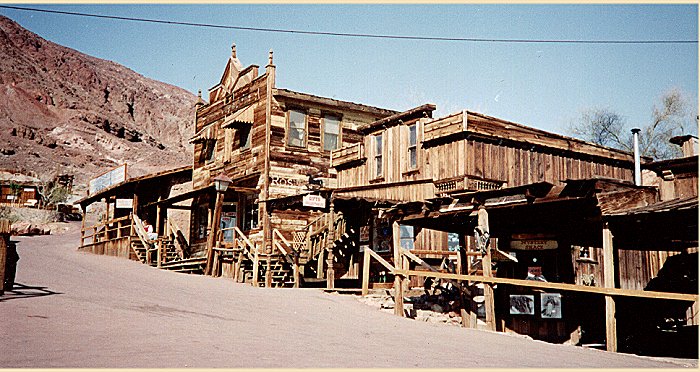found here,
http://www.floridamarine.org/support/view_faqs.asp?id=10
How long does stony coral live?
Coral has a life span like all organisms. The question of coral life span is really two questions: 1) How long does the whole coral colony live? 2) How long does an individual coral animal (polyp) live?
1) How long does the whole coral colony live? The answer depends on the species. One of the small stony corals named Favia fragum, which never grows larger than a golf ball, has a life span of about five to ten years. The star coral Montastraea annularis may live for several centuries and grow to the size of an automobile. Its growth rate ranges from about 5 to 15 mm (1/4 to 3/4 of an inch) of yearly, outward expansion. Among shallow water coral, boulder-shaped colonies grow more slowly, and live longer than branching coral colonies.
2) How long does an individual coral animal (polyp) live? Once again, the answer depends on what the species. In general, polyps on a bumpy colony have a short life span, and polyps on a smooth colony have a long life span. A polyp grows outward in a basically straight line. You can see this on corals that are broken in half. The polyp skeleton (corallite) looks like a straw, and the polyp was living on the very top of the straw. The whole colony is like a bundle of straws. On bumpy colonies some of these polyps are ?aimed toward? other polyps. They get closer and closer as the polyps grow, and eventually they meet. One will live the other will die. This is what determines the life span of individual polyps on a bumpy colony. The life span of an individual polyp on Porites (a common bumpy coral) is about 2-3 years. A good source for polyp life span is W.M. Darke and D.J. Barnes' "Growth Trajectories of Corallites and Ages of Polyps in Massive Colonies of Reef-building Corals of the Genus Porites," Mar. Biol. 117:321-326, 1993.
OK, what about smooth colonies? Well the corallites are essentially the same. On smooth colonies none of the polyps are ?aimed toward? each other, they are all ?aimed? outward. Polyps on a smooth colony do not have to die as the colony grows. The best example in the Caribbean is a brain coral named Colpophyllia natans. Presumably, the very first polyp on a colony of this brain coral is living somewhere on a 400 year old colony.




